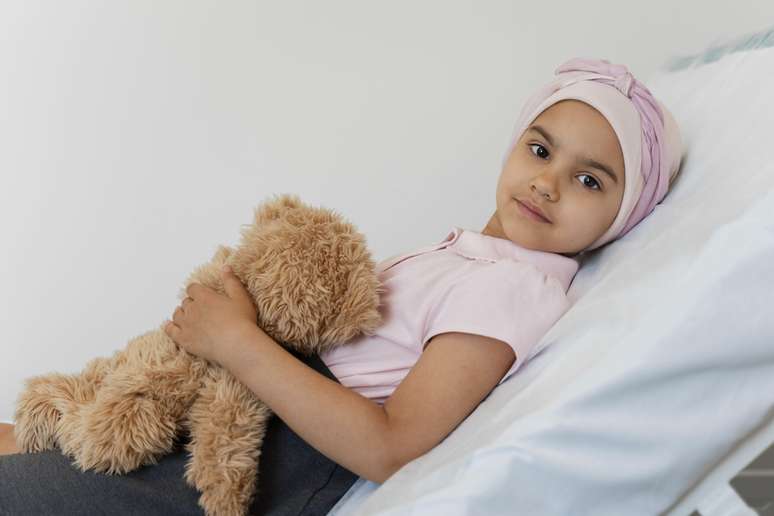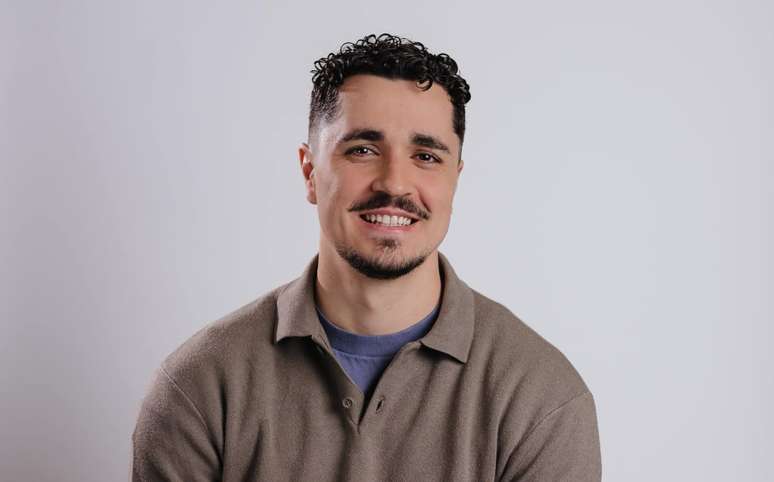Medical explains the initial symptoms and strengthens the importance of early diagnosis
Dr. Amanda Ibagy, Oncopediatra, warns of signs that often go unnoticed and claims that information can save lives
Although child cancer is rarer than in adults, it exists and can be serious. In Brazil, according to the National Cancer Institute (Inca), the disease is the main cause of death from diseases between children and teenagers from 1 to 19 years. However, many parents do not know that even children can develop cancer and end up ignoring the signs that deserve attention.
The doctor of Oncopediatra Amanda Ibagy explains that one of the major challenges in early diagnosis is exactly ignorance. “It is common for parents to think that some symptoms reflect only the influence, the infections or viruses. But when these signs are repeated or become persistent, we must investigate deeper,” he says.
The types in children
Among the most frequent types of childish cancer are leukemias, lymphomas, Wilms cancer and neuroblastoma. Although everyone has its own specific characteristics, some symptoms can arise similarly: not graded fever, excessive tiredness, persistent bone pain, increased ganglia, pallor, weight loss without explanations and in some cases lumps or swelling in the abdomen. “The most important thing is to observe whether these symptoms escape the child’s standard and if they do not improve over time. In these cases, it is essential to look for a pediatrician and, if necessary, a specialist,” says Amanda.
According to her, cancer in children is usually not linked to external factors or lifestyle, as in adults. Most of the time it has genetic origin or develops from cell mutations still little included. This means that although it is not possible to prevent, it is possible to diagnose soon and deal with many more successful possibilities.
Early diagnosis
“The chances of healing reach 70% or more, depending on the type of cancer and speed at the beginning of the treatment. Therefore, the information is a fundamental ally. When parents know the signs and trust their intuition by realizing that something is not good, the possibilities increase considerably,” he says.
In addition to the follow -up medical, psychological support for children and family members is essential during treatment. Many institutions offer multidisciplinary support, helping to face the phase with more lightness and welcome. “Childhood is a precious phase and it deserves attention in every detail. Being aware of the signs, without panic, but responsibly, is an act of care and love”, concludes Dr. Amanda Ibagy.
Source: Terra
Rose James is a Gossipify movie and series reviewer known for her in-depth analysis and unique perspective on the latest releases. With a background in film studies, she provides engaging and informative reviews, and keeps readers up to date with industry trends and emerging talents.




![More beautiful life in advance: What awaits you on Tuesday 14, 2025 on Tuesday, October 14 in 441 episodes [SPOILERS] More beautiful life in advance: What awaits you on Tuesday 14, 2025 on Tuesday, October 14 in 441 episodes [SPOILERS]](https://fr.web.img5.acsta.net/img/6b/c3/6bc3aa68e4679ab288217fa4c5dc825e.jpg)


